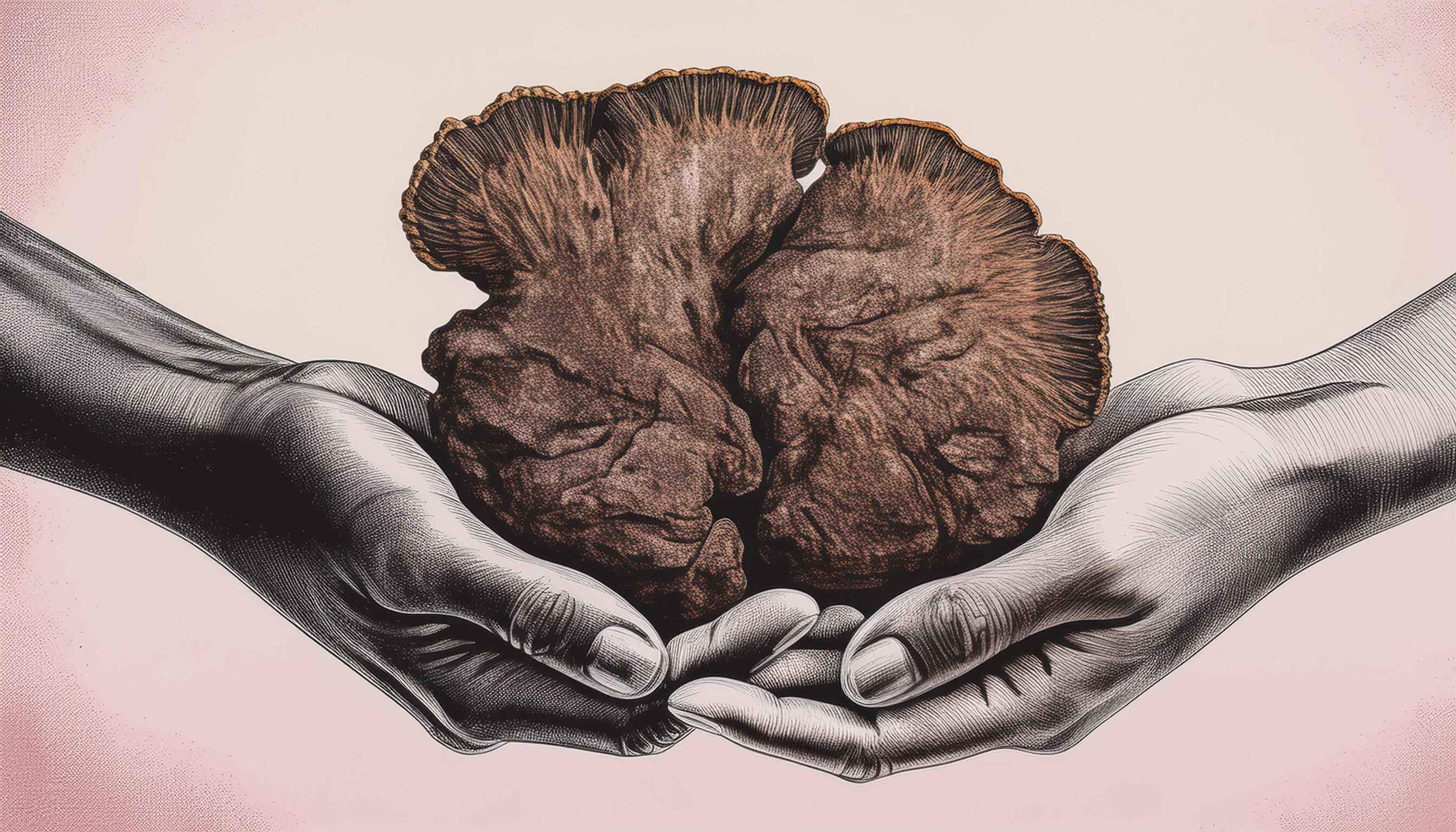When we think about hormones, we often associate them with dramatic mood swings, puberty, or complex medical conditions. Yet hormones are far more influential — they are the unseen regulators of almost every critical process in the body. From our metabolism to our energy levels, from our appetite to our emotional health, hormones orchestrate the balance that keeps us functioning optimally.
Among the many factors that influence hormonal health, sleep is one of the most important — and yet, it is often the most overlooked.
It turns out that sleep is not simply a time for rest; it is a highly active period during which the body performs essential maintenance tasks, including regulating hormones. Without consistent, quality sleep, our hormonal system can become significantly disrupted, leading to a cascade of health issues that affect our physical, mental, and emotional well-being.
How Sleep Regulates Hormones
Throughout the night, while we appear to be resting peacefully, the body is conducting a symphony of hormonal adjustments and repairs. Several critical hormones fluctuate in carefully timed rhythms during sleep.
The Impact of Sleep on Key Hormones
One of the primary players is cortisol, commonly referred to as the "stress hormone." Under normal circumstances, cortisol levels are naturally lower at night, allowing the body to relax and repair. In the early morning hours, cortisol levels gradually rise to help us wake up feeling alert and energised. Disrupting this rhythm through poor sleep can lead to elevated nighttime cortisol, resulting in a persistent feeling of being "wired but tired."
Another key hormone is melatonin, which increases as darkness falls. Melatonin is not merely responsible for making us feel sleepy; it also influences reproductive hormones and acts as a powerful antioxidant. Insufficient melatonin production — often caused by exposure to artificial light in the evening — can impair sleep onset and quality, while disturbing broader hormonal functions over time.
Additionally, growth hormone, which is critical for tissue repair, muscle recovery, and metabolic health, peaks during deep sleep stages. Without adequate deep sleep, the release of growth hormone is suppressed, potentially impairing recovery, muscle maintenance, and even fat metabolism.
Sleep also significantly affects insulin sensitivity. Chronic sleep deprivation can lead to insulin resistance, increasing the risk of type 2 diabetes. Meanwhile, leptin (which signals fullness) and ghrelin (which triggers hunger) are directly impacted by sleep quantity and quality. Poor sleep reduces leptin and increases ghrelin, which explains why a sleepless night often leads to intense cravings for sugary or high-calorie foods the next day.
In short, sleep is the invisible thread that weaves together our hormonal health. Without it, the delicate balance between these hormones begins to unravel, often quietly at first, but with major consequences over time.
Hormone Imbalances That Disrupt Sleep
While sleep influences hormones, the reverse is also true: hormonal imbalances can severely impair sleep quality.
One of the most common examples is cortisol dysregulation. Individuals experiencing chronic stress may have elevated cortisol levels at night, making it difficult to fall asleep or causing frequent awakenings.
Similarly, thyroid dysfunction can either accelerate the body's metabolism, leading to racing thoughts and insomnia, or slow it down, causing fatigue despite long hours of sleep.
Women's hormonal cycles also profoundly impact sleep. Fluctuations in estrogen and progesterone across the menstrual cycle, during pregnancy, and throughout menopause can cause:
- insomnia
- night sweats, and
- frequent nighttime awakenings.
For example, the natural decline of progesterone in menopause often removes its calming, sleep-promoting effects, making restorative sleep harder to achieve.
In conditions such as Polycystic Ovary Syndrome (PCOS), hormonal imbalances contribute to higher rates of sleep apnea and fragmented sleep. Similarly, low testosterone levels in men have been linked to decreased sleep efficiency and increased nighttime awakenings.
Recognising that poor sleep may not simply be a matter of bad habits, but could instead reflect an underlying hormonal imbalance, is a crucial first step toward true healing.
Recognising the Signs of Hormone-Related Sleep Issues
Certain symptoms can serve as important clues that hormone imbalances are interfering with sleep, such as:
- frequent waking between the hours of 2:00 a.m. and 4:00 a.m.
- difficulty falling asleep despite feeling tired
- intense cravings for sweets or carbohydrates
- unexplained weight gain
- mood instability, and
- low libido may all suggest that hormones are out of balance.
For women, night sweats, hot flashes, or a sudden change in menstrual patterns accompanying sleep disturbances may point toward estrogen and progesterone shifts.
Men might notice snoring, restless sleep, or fatigue that persists despite adequate time in bed — signs often associated with testosterone decline or even sleep apnea linked to hormonal changes.
Being attentive to these patterns can help individuals seek appropriate testing, interventions, and lifestyle changes that go beyond the superficial "just get more sleep" advice.
Natural Ways to Support Better Sleep and Hormone Balance
Thankfully, improving sleep and restoring hormonal balance often begins with practical, natural strategies.
First and foremost, maintaining a consistent sleep-wake schedule — going to bed and rising at the same time each day — helps regulate the body's internal clock and stabilises cortisol rhythms. Exposure to natural sunlight during the day and minimising bright artificial lights in the evening further enhances melatonin production and supports better sleep onset.
Nutrition also plays a critical role. Consuming magnesium-rich foods, such as leafy greens, nuts, seeds, and whole grains, can help relax the nervous system and promote deeper sleep. Limiting caffeine intake after midday and reducing alcohol consumption are equally important, as both can disrupt deep sleep stages and impair hormonal rhythms.
Stress management techniques, including meditation, deep breathing exercises, and gentle evening routines like warm baths or light stretching, can help lower nighttime cortisol levels and signal the body that it is safe to rest.
An often-overlooked but highly beneficial natural support is the use of adaptogenic herbs and functional mushrooms. In particular, the Reishi mushroom has been revered for centuries in traditional Chinese medicine for its calming properties.

Reishi is known to:
- promote relaxation
- support adrenal function, and
- improve sleep quality without causing morning grogginess.
Incorporating Reishi — whether as a tea or supplement — can be a gentle, effective way to support deeper, more restorative sleep alongside other healthy habits.
Conclusion: Sleep as a Foundation for Hormonal Health
Ultimately, prioritising sleep is one of the most profound investments you can make in your overall health. Quality sleep is not a luxury or a passive state; it is an active, vital process that governs hormone production, metabolism, immune function, emotional regulation, and even longevity.
If you are striving for better energy, a stronger metabolism, a stable mood, and vibrant health, start by sleeping smarter.
By respecting the natural relationship between sleep and hormones — and supporting your body with simple lifestyle changes, natural aids like Reishi, and stress-reduction practices — you can profoundly transform how you feel, function, and thrive each day.
Because when you sleep smarter, you don't just wake up rested — you wake up balanced, energised, and ready to live life to its fullest.
Resources
- The Impact of Sleep and Circadian Disturbance on Hormones and Metabolism - PMC
- Sleep and Hormones
- Thyroid Problems and Insomnia
- Women, Are Your Hormones Keeping You Up at Night? > News > Yale Medicine
- The Link Between Sleep and Testosterone
- Insomnia | NHS inform
- Ganoderma lucidum promotes sleep through a gut microbiota-dependent and serotonin-involved pathway in mice - PubMed



Leave a comment
All comments are moderated before being published.
This site is protected by hCaptcha and the hCaptcha Privacy Policy and Terms of Service apply.